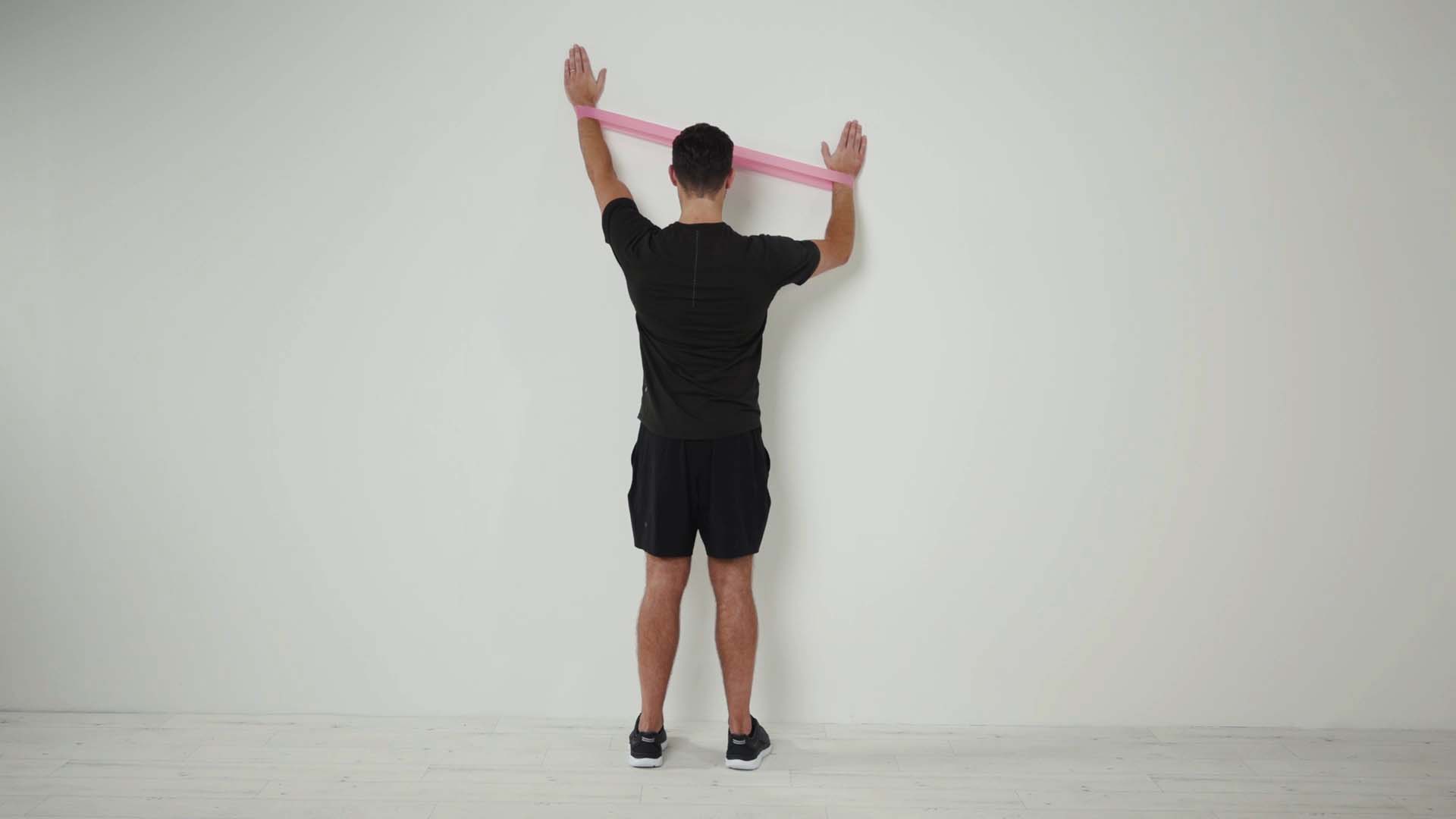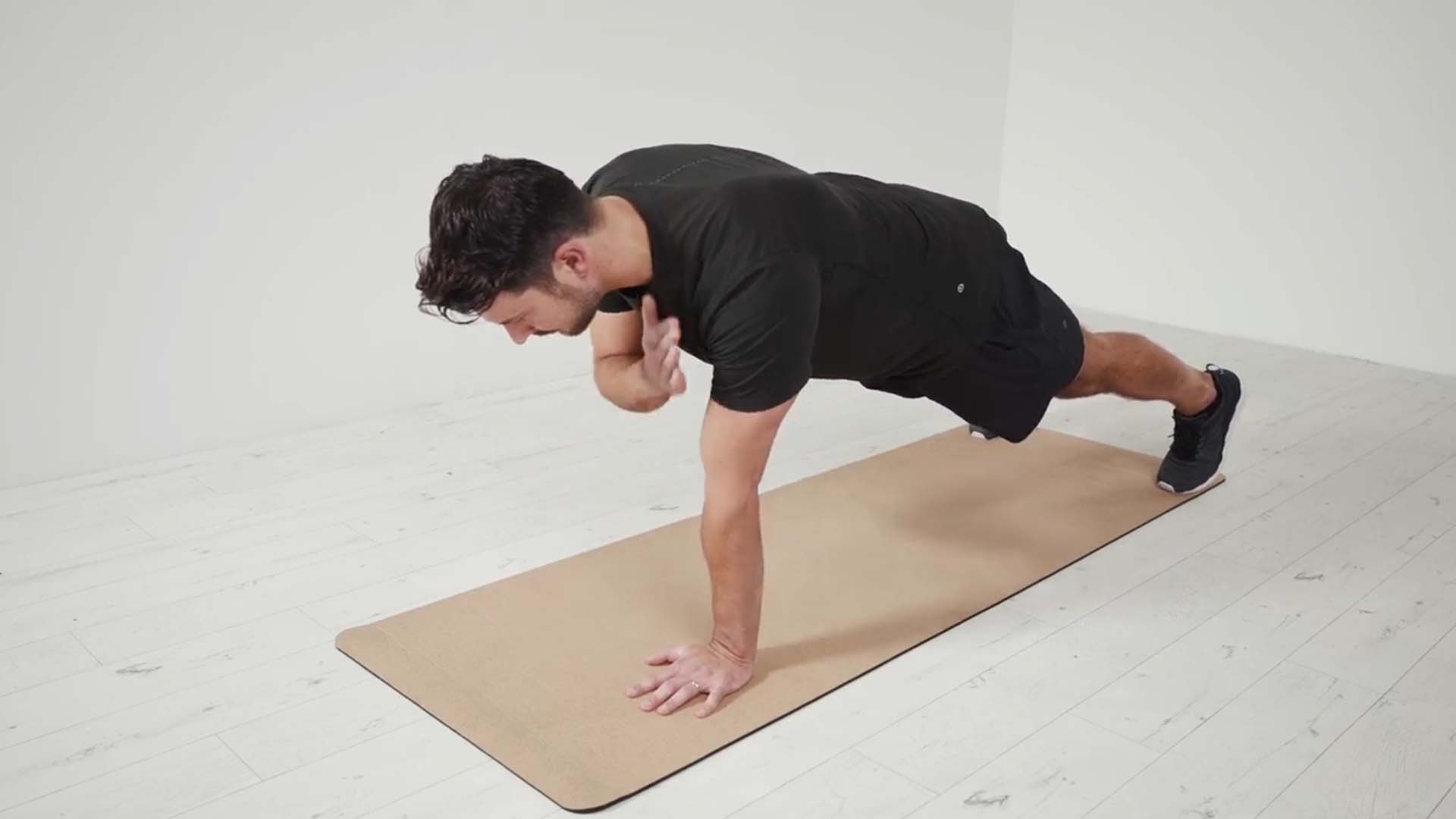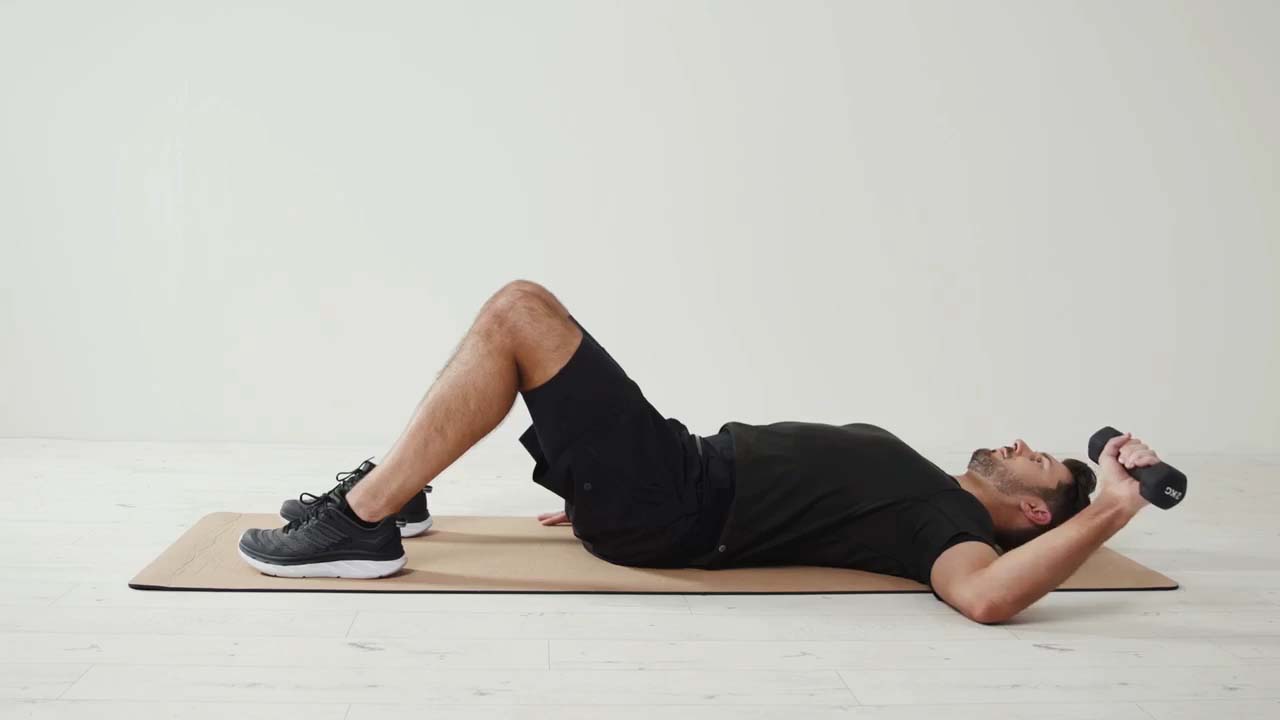Are you a climber looking to prevent shoulder injuries and enhance your performance? Look no further than banded wall climbs. This article will explore the benefits of incorporating banded wall climbs into your shoulder physiotherapy routine, with a focus on preventing injuries and improving climbing performance.
What readers will learn from this article:
- The anatomy of the rotator cuff and common causes of rotator cuff injuries in climbers.
- A detailed description of the banded wall climbs exercise and its benefits for shoulder physiotherapy.
- How to incorporate banded wall climbs into a shoulder physiotherapy routine, along with supplementary exercises and stretches for shoulder health.
The Banded Wall Climbs Exercise
Banded wall climbs are an effective exercise for strengthening the rotator cuff and promoting shoulder stability. This exercise mimics climbing movements and targets the specific muscles involved in climbing. By incorporating banded wall climbs into your routine, you can improve shoulder stability, reduce the risk of overuse injuries, and enhance your overall climbing performance.
To perform banded wall climbs, you will need a resistance band and a sturdy wall or surface to anchor the band. Start by attaching one end of the resistance band to a secure anchor point at shoulder height. Stand facing the wall and hold the other end of the band with your arm extended in front of you. Keep your shoulder blades down and back, and your core engaged. Begin by pulling the band towards your body, bending your elbow and retracting your shoulder blade.
As you continue pulling, imagine climbing upward, maintaining a controlled and smooth motion. Extend your arm back to the starting position, maintaining tension in the band throughout the movement. Repeat for the desired number of repetitions and switch sides.
Benefits of Banded Wall Climbs for Shoulder Physiotherapy
Banded wall climbs offer several benefits for shoulder physiotherapy and injury prevention. By regularly incorporating this exercise into your routine, you can experience the following advantages:
1. Improved Shoulder Stability
Banded wall climbs target the rotator cuff muscles responsible for stabilizing the shoulder joint. By strengthening these muscles, climbers can enhance their shoulder stability, reducing the risk of instability-related injuries.
2. Increased Muscular Endurance
The repetitive nature of climbing requires muscular endurance in the shoulder muscles. Banded wall climbs help to improve endurance by engaging the rotator cuff muscles in a controlled and sustained manner. This increased endurance can enhance climbing performance and reduce the likelihood of fatigue-related injuries.
3. Enhanced Proprioception
Proprioception refers to the body\’s ability to sense the position and movement of its parts. Banded wall climbs require coordination and proprioceptive awareness, as climbers must control the band\’s tension and maintain proper form throughout the exercise. By improving proprioception, climbers can better navigate climbing movements and reduce the risk of falls or other accidents.
Scientific studies and expert opinions support the effectiveness of banded wall climbs for shoulder physiotherapy.
Incorporating Banded Wall Climbs into a Shoulder Physiotherapy Routine
To maximize the benefits of banded wall climbs and prevent shoulder injuries, it is essential to integrate them into a comprehensive shoulder physiotherapy program. Here are some tips for incorporating banded wall climbs into your routine:
1. Frequency, Sets, and Repetitions
Start with two to three sessions per week and gradually increase the frequency as your shoulder strength improves. Aim for two to three sets of 10 to 15 repetitions on each side. It is crucial to listen to your body and avoid overexertion or pushing through pain.
2. Progression
As your strength and endurance improve, consider progressing the exercise by increasing the resistance of the band or adding variations to challenge different aspects of shoulder stability. For example, you can perform banded wall climbs with a single arm or in a staggered stance.
3. Precautions and Modifications
If you have pre-existing shoulder conditions or injuries, it is important to consult with a healthcare professional or qualified physiotherapist before starting any new exercise program. They can provide personalized advice and modifications to ensure the exercise is safe and suitable for your specific needs.
Use of Merlin Physio App for Banded Wall Climbs
The Merlin Physio App offers invaluable assistance when it comes to exercises like Banded Wall Climbs, a common exercise in shoulder physiotherapy. Here\’s how it can be of great benefit:
- Guided Instructions: The app provides clear, step-by-step instructions on how to perform Banded Wall Climbs correctly. This ensures that patients, even those without prior experience, can perform the exercise with the right form to maximize its effectiveness and prevent any potential injuries.
- Progress Tracking: For both physiotherapists and patients, the app allows for easy tracking of progress. With Banded Wall Climbs, which involves gradually increasing the range of motion and strength in the shoulder, having a visual record of progress can be incredibly motivating. Physiotherapists can monitor improvements, and patients can see their own growth over time.
- Real-Time Feedback: The app can provide real-time feedback on the patient\’s performance during Banded Wall Climbs. It can alert them if they are using incorrect form or applying too much pressure. This immediate feedback helps in preventing potential setbacks or discomfort.
- Customization: Each patient\’s shoulder physiotherapy needs may vary. The app can be customized to the individual\’s specific requirements. For instance, the resistance level of the band used in Banded Wall Climbs can be adjusted as the patient progresses, ensuring that the exercise remains challenging but not too strenuous.
Warm-Up, Cool-Down, and Recovery Strategies
Proper warm-up, cool-down, and recovery strategies are essential for preventing overuse injuries and promoting optimal shoulder health. Before engaging in any physical activity, it is important to prepare your body by gradually increasing your heart rate and loosening up the muscles.
A warm-up routine for climbers may include dynamic stretches, such as arm circles and shoulder rolls, as well as light cardiovascular exercises like jogging or jumping jacks. These activities help increase blood flow to the muscles, improve joint mobility, and mentally prepare for the upcoming workout.
After your climbing session or shoulder physiotherapy routine, it is important to cool down and allow your body to recover. This can involve static stretches for the shoulders and upper body, focusing on improving flexibility and reducing muscle tension.
Additionally, incorporating self-massage techniques, foam rolling, and icing can help alleviate muscle soreness and inflammation, aiding in the recovery process. These recovery strategies can be particularly beneficial for climbers who engage in intense training or have experienced previous shoulder injuries.
Conclusion
Banded wall climbs are an excellent addition to any shoulder physiotherapy routine for climbers. By understanding the anatomy of the rotator cuff, incorporating banded wall climbs into a comprehensive shoulder physiotherapy routine, and complementing them with other exercises and stretches, climbers can promote shoulder health and reduce the risk of injuries.
Remember to consult with a healthcare professional or qualified physiotherapist for personalized advice and guidance. They can assess your individual needs, provide specific recommendations, and ensure that you perform exercises correctly and safely.
By implementing the recommendations in this article and incorporating banded wall climbs into your shoulder physiotherapy routine, you can take proactive steps towards preventing






